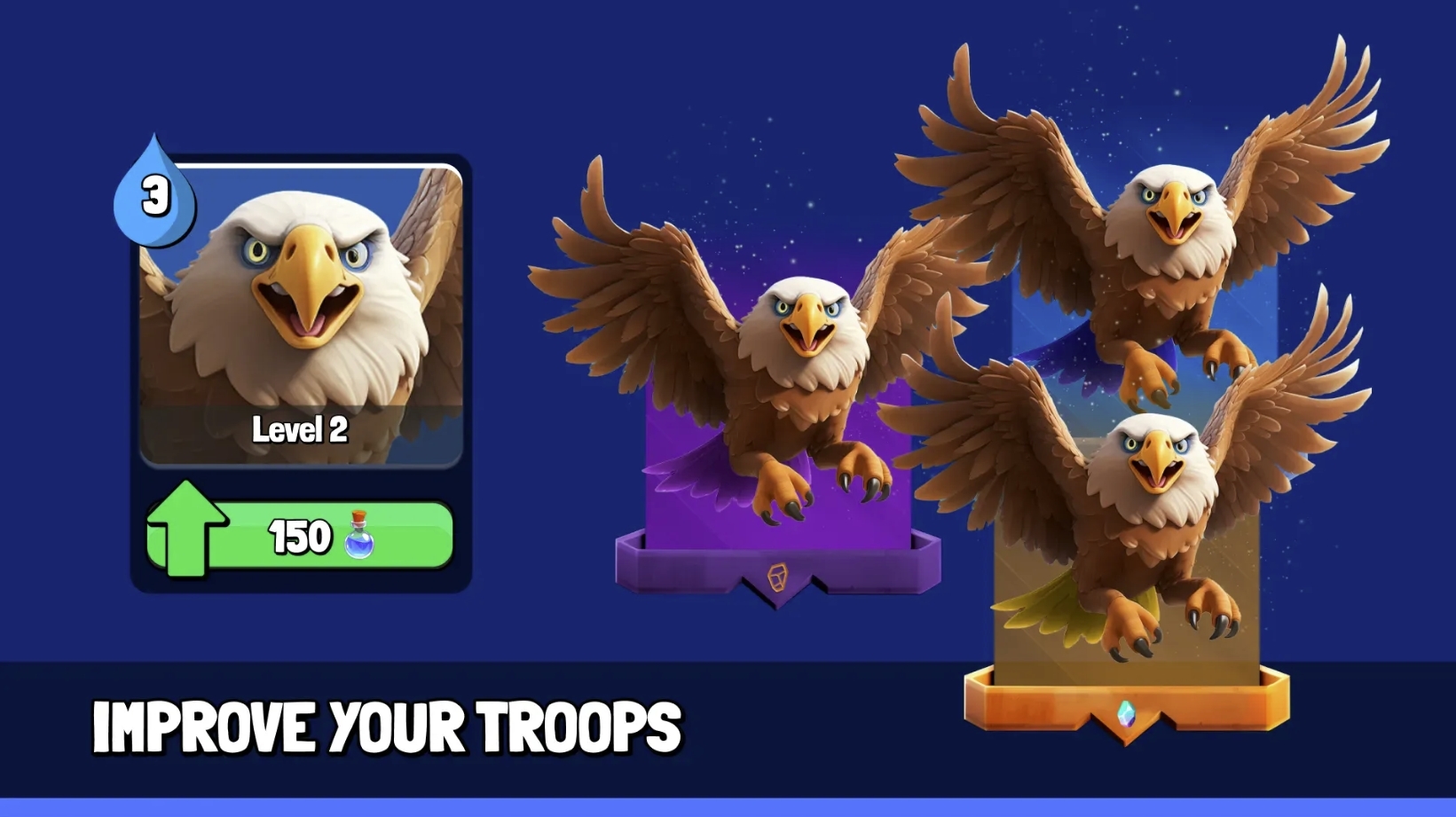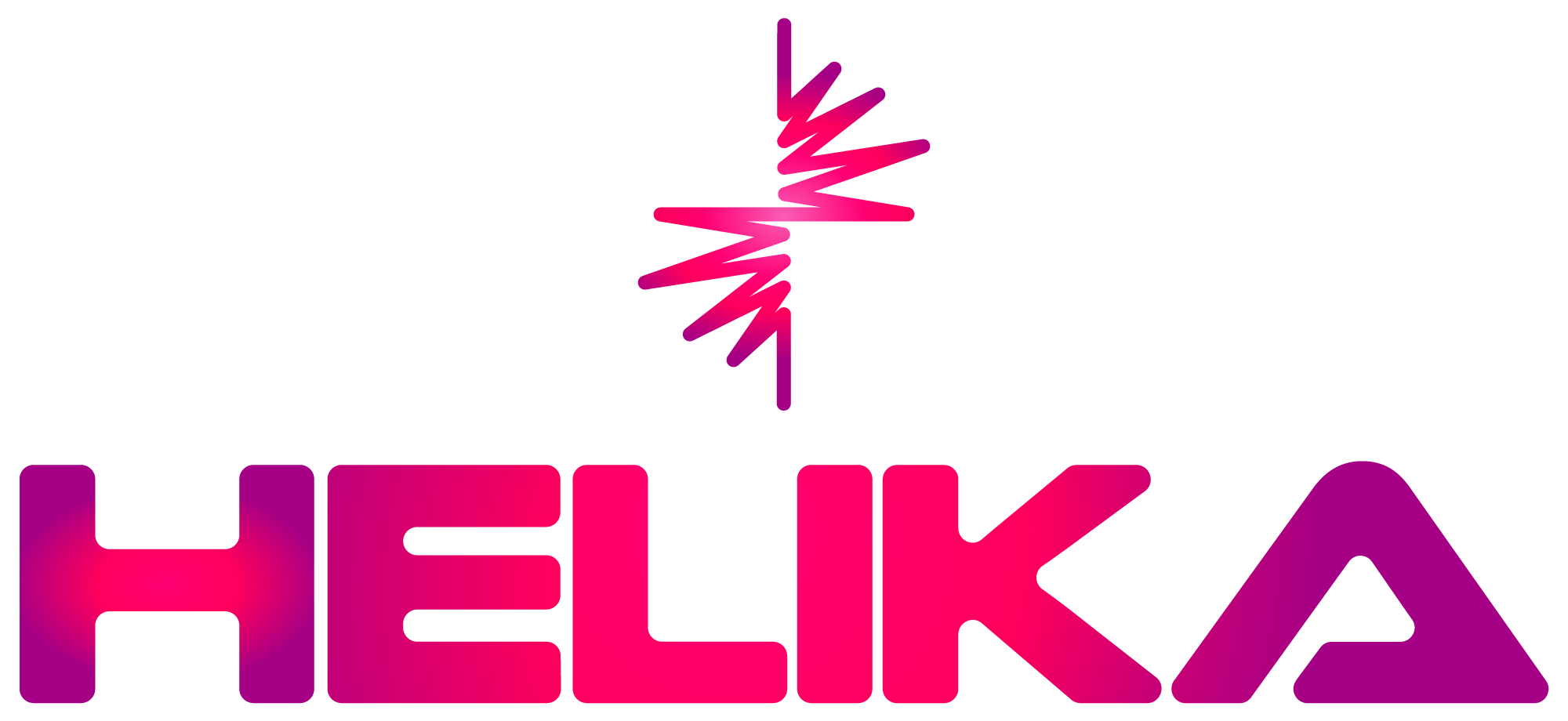Second World
Competitive City-Building Mobile Game
Second World is a mobile gaming studio and publisher, revolutionizes the industry by integrating blockchain and Web3 technologies. This allows players to engage interactively, monetize their creations, and participate in the game’s economy using a native token. Second World’s approach transforms mobile gaming into a transparent, secure, and participatory experience, giving players significant involvement in the game’s ecosystem and financial rewards.



Value Proposition
Second World offers a unique blend of strategic city-building gameplay with the power of true digital ownership. Players can buy, sell, and trade in-game assets as NFTs, earning crypto rewards for their in-game activities. This creates a gaming experience where players have unprecedented control over their virtual assets and the potential to earn real-world value while engaging in a competitive and potentially social environment.

Technological Foundation
Second World’s foundation rests on blockchain technology, built on the Ethereum network with NFTs to represent in-game assets. To accommodate the volume of transactions, they are planning to integrate with scaling solutions like Immutable X or Polygon. The game itself is developed using a standard game engine, Unity, and utilizes Web3 integration for seamless interaction with the blockchain. Additionally, centralized servers and cloud storage will play important roles in managing game logic and the expanding virtual world.

Target Market
Second World primarily targets gamers who are interested in blockchain technology, particularly those who enjoy strategy games, potential investment opportunities in virtual assets, and social interactions within a virtual world. The game’s focus on true ownership and its play-and-earn model make it attractive to those familiar with crypto concepts, while its city-building mechanics and competitive features appeal to traditional strategy game enthusiasts.

Revenue Model
Diverse and Scalable
Second World will generate revenue through several channels. They primarily earn income from selling NFT assets like land and in-game items. Additionally, they will charge transaction or listing fees on their marketplace where players trade NFTs. The game could also offer premium features or subscriptions for advantages and cosmetic items. In-game advertising and the potential launch of their own crypto could provide further revenue streams in the future.
Market Opportunity
Boom of Blockchain Gaming
Second World taps into the expanding market of blockchain gaming, which blends in elements of popular strategy mechanics, virtual real estate ownership, and the play-and-earn model. This unique combination attracts a diverse audience of gamers and investors. While facing challenges such as competition and evolving regulations, Second World possesses significant potential within this emerging sector of gaming.

Team
Momentum and Vision

Carlos Ripoll, Co-Founder and CEO
Data room
Documentation and Project Links
Website
Games
Tokenomics
Pitch Deck
Services
Current status of the project
Actively in Development
Second World Games is actively in development, continuously working on their existing titles like “Second World: New Era” and potentially releasing new games. Their $SWIO token continues to be an important component of their ecosystem, with an anticipated launch in the future. The best places to stay updated on the project are their official website, social media channels, Discord community, and news outlets specializing in cryptocurrency and blockchain gaming.
Backers and Investors
Collaborated with
Why Second World? WHY NOW?
Second World is an opportunity within the shifting gaming landscape where blockchain technology allows for true player ownership and empowerment. Their focus is on building a player-driven gaming universe, differentiating themselves from traditional gaming models and aiming to attract a wider audience.
Their mission is to create interconnected games where players have ownership and actively participate in shaping the game’s direction. This approach is essential for their success as it promotes player investment, potentially leading to a more sustainable and self-propelled game economy in the long term.









